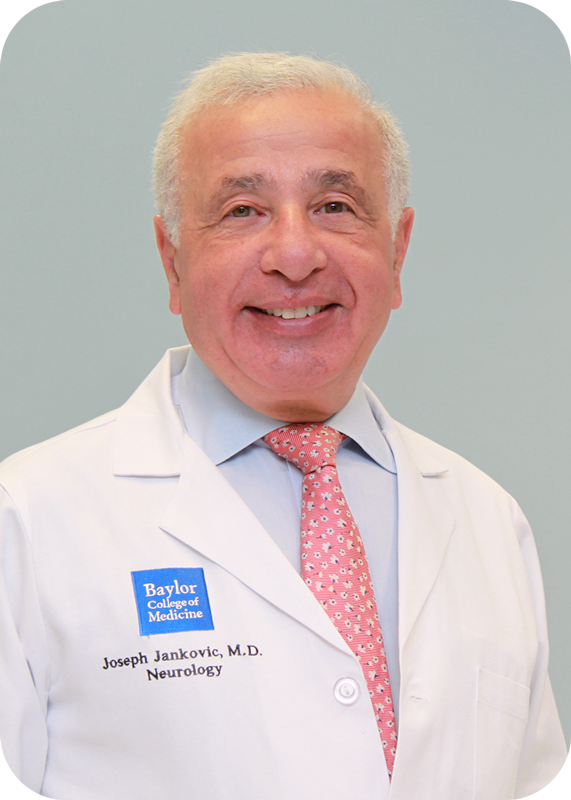Nov. 12, 2016 from 8 a.m. – 3:30 p.m.
JW Marriott Houston
5150 Westheimer Road
Houston, Texas 77056
Registration
- www.JHASIM.com/D&S
- E-MAIL: activityinfo@asimcme.com
- PHONE: (908) 253-9001, Ext. 23
- FAX: (908) 253-9002
Faculty

Zoltan Mari, M.D. (Chair)
Johns Hopkins University School of Medicine
Baltimore, Md.

Joseph Jankovic, M.D. (Chair)
Baylor College of Medicine
Houston, Texas

Katharine E. Alter, M.D.
Mount Washington Pediatric Hospital
Baltimore, Md.

Joohi Jimenez-Shahed, M.D.
Baylor College of Medicine
Houston, Texas
Program
8:00 a.m.
Registration and Breakfast
8:30
Interactive CME Activity
3:30 p.m.
Adjourn
Learning Objectives
After attending this activity, participants will demonstrate the ability to:
- RECOGNIZE the characteristic diagnostic features and presenting symptoms of dystonia and spasticity.
- DESCRIBE the clinically relevant distinctions between botulinum toxin preparations to identify how to appropriately manage patients with each agent.
- APPLY proper chemodenervation techniques for treatment of dystonia and spasticity.
- EVALUATE guidance techniques that assist in chemodenervation injection.
The Johns Hopkins University School of Medicine takes responsibility for the content, quality, and scientific integrity of this CME activity.
Intended Audience
This activity is designed to meet the educational needs of neurology and physical medicine and rehabilitation residents and fellows, as well as community neurologists, physiatrists, physical, and occupational therapists. No prerequisites required.
Accreditation Statement
The Johns Hopkins University School of Medicine is accredited by the Accreditation Council for Continuing Medical Education (ACCME) to provide continuing medical education for physicians.
Credit Designation Statement
The Johns Hopkins University School of Medicine designates this live activity for a maximum of 6.5 AMA PRA Category 1 Credit(s)™. Physicians should claim only the credit commensurate with the extent of their participation in the activity.
Policy on Faculty and Provider Disclosure
It is the policy of the Johns Hopkins University School of Medicine that the faculty and provider disclose real or apparent conflicts of interest relating to the topics of this educational activity, and also disclose discussions of unlabeled/unapproved uses of drugs or devices during their presentation(s). Johns Hopkins University School of Medicine OCME has established policies in place that will identify and resolve all conflicts of interest prior to this educational activity. Detailed disclosures will be made in the course materials.
Physician Payments Sunshine Act
Please note: The Physician Payments Sunshine Act was enacted by Congress to increase public awareness of financial relationships between drug and medical device manufacturers and physicians. In compliance with the requirements of this Act, the commercial supporter/s of this activity may require the Johns Hopkins University School of Medicine to report certain professional information (such as name, address, National Provider Identifier, and State License #) of physician attendees who receive complimentary food and beverage in conjunction with a CME activity. The commercial supporter is required to submit the collected data to the Centers for Medicare and Medicaid Services which will then publish the data on its website.
Americans with Disabilities Act (ADA)
The Johns Hopkins University School of Medicine fully complies with the legal requirements of the ADA and the rules and regulations thereof. Please notify us if you have any special needs.
Fee Information
There is no fee for this educational activity.
Interactive CME Activity
Presented by the Johns Hopkins University School of Medicine. This activity is supported by educational grants and in-kind support from Allergan, Inc, Ipsen Biopharmaceuticals, Inc, and US WorldMeds, LLC. Major support comes from Allergan, Inc.
